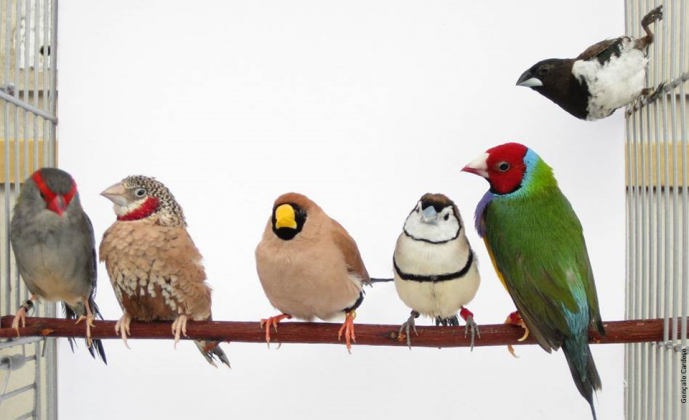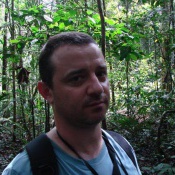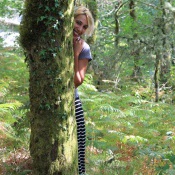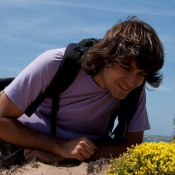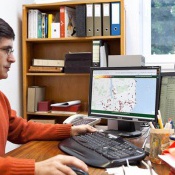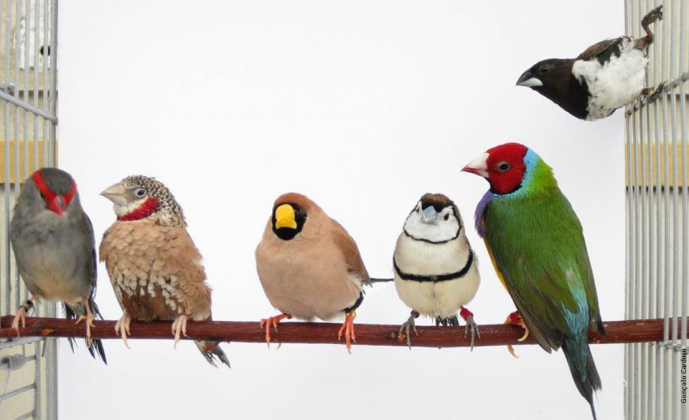ALIENTRADE: Something in the way they move: how global patterns of wildlife trade influence global invasion success
Predicting impacts of alien species is crucial for managing the threats they pose to biodiversity and society in general. Species-specific traits and invaded-range characteristics influence invasion success. Accidental or intentional release of pets obtained through the global wild-pet trade (GWT) increases the likelihood of invasive establishment. ALIENTRADE will assess the role and impact that GWT plays as a global driver of biological invasions. Drawing on solid experience, ALIENTRADE's research team will work using a multidisciplinary framework to investigate the complex socioeconomic and environmental context, and develop risk assessments analysis addressing the sustainability of GWT. Focusing mainly on European biodiversity policies, practical science-based guidance will be produced, ensuring synergies across sectors, especially in determining international trade policies, and identifying potential introduction pathways.
Pedro Segurado, Miguel Bastos Araújo, Franz Essl, Diederik Strubbe, Ana Nuno, Daniel Sol, Paulo Branco, José Maria Santos, Maria do Rosário Fernandes, Hanno Seebens, David Richardson
